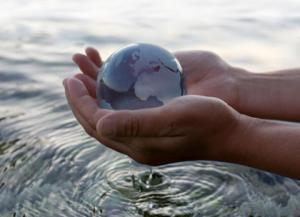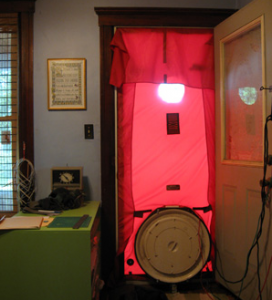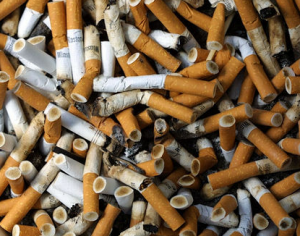Lose 10 Tons, Step 2: Seal And Insulate

Step Two in Simple Steps' 12-step Lose 10 Tons in 2010 plan - a plan designed to help each of us curb our energy addiction and reduce our environmental footprint -

Step Two in Simple Steps' 12-step Lose 10 Tons in 2010 plan - a plan designed to help each of us curb our energy addiction and reduce our environmental footprint -

Today is World Water Day, and lots of people are writing good things about it. Here's a list of what we've liked best so far:

Philadelphia Area green building pioneers - and our friends - Denale, Inc. have asked us to make an announcement for them. On April 1, Denale, the Philadephia 76ers, and the Comcast Spectacor Foundation will be throwing a party to showcase green architecture, green home interiors, and green art. If you're in Philly and interested in green building or green basketball, read the message from Denale below and, if you can, stop by Sheldon Crossing on April 1.

Overview
The modern office seems incomplete without guidance from three-inch squares of yellow paper. Placed on telephones, refrigerators, and wherever the eye may wander, the ubiquitous self-stick note has aided millions of forgetful minds. While also minimizing much face-to-face dialogue, for better or worse, the notes have left an indelible mark on the history of communication.

You may have heard the news, but early this morning we got word that the nations meeting at the Convention on International Trade Endangered Species (CITES) rejected an United States proposal, supported and encouraged by NRDC, that would have ended the international commercial trade in polar bears an


As we promised on Wednesday, here's a little introduction to the first step in Simple Steps' 12 step plan, a plan designed to help each of us curb our energy addiction and reduce our environmental footprint.

Today we welcome our friend James Garver to the GREENandSAVE Blog. We think he'll give you lots to think about, in the article that follows and in future contributions. Enjoy!
Global Warming is regularly discussed as a serious problem in the developed world, but where climate change inflicts most damage is actually in the undeveloped world. Worldwide poverty-stricken communities are hit hardest by the rapid change in weather.

What’s really behind the changing public opinion about global warming? The climate science denier has done its best to point to the problematic e-mails from the University of East Anglia and recent discoveries of two or three mistakes in the several-thousand page IPCC reports to as the reason.